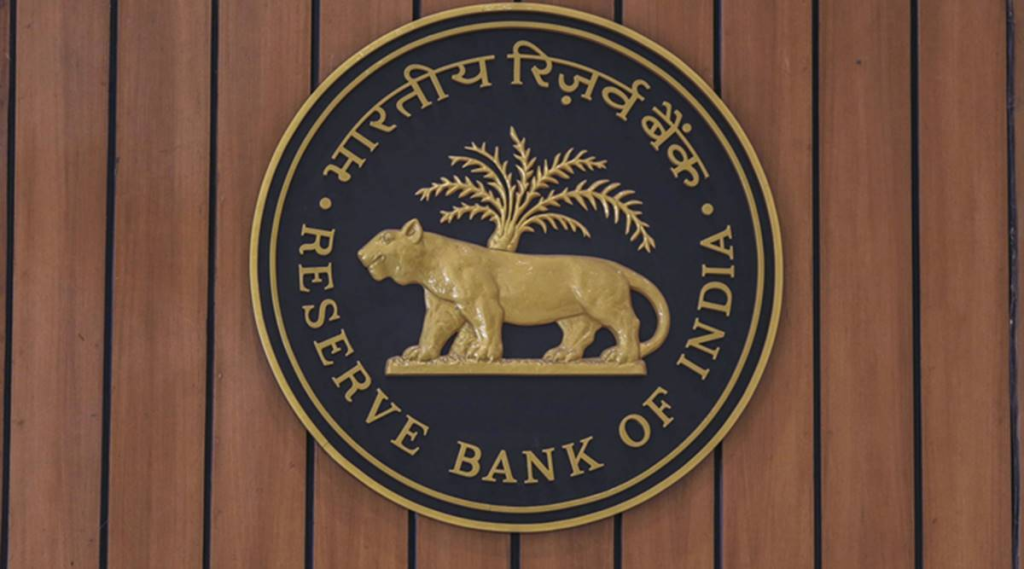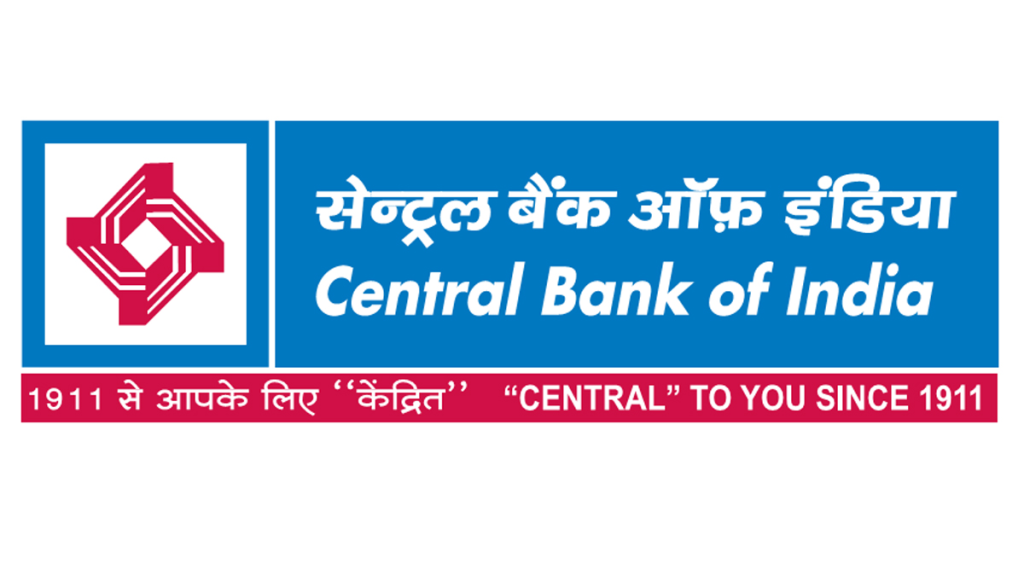
India’s national institutions have always been hostile to the crypto world from the beginning. In 2018, the Central Bank Of India, issued a ban on Indian banks when it came to crypto. The far-reaching ban prohibited all banks in India from processing any transactions related to the crypto industry.
RBI Remains Hostile to Crypto
However, the Indian Supreme Court later reversed the cryptocurrency ban by RBI in a landmark ruling in March 2020. Despite the reversal of the ban, the RBI has remained hostile to crypto. For instance, it has continued to caution users, traders, and crypto holders about the risk of crypto via various official notices. It has also advised regulated financial firms to conduct strict due diligence when they process crypto transactions. The net effect has been that most banks in India refuse to process crypto transactions.

Outright Ban on Crypto Could Be Coming
Recently, India’s finance minister Nirmala Sitharaman issued a statement concerning crypto. In the statement, the finance minister said the Central Bank Of India had expressed deep concern regarding the destabilizing effect of crypto on the fiscal and monetary policies of India. As a result, the Central Bank Of India was recommending the creation of legislation for the sector.
According to the statement, the RBI was recommending a full ban on crypto. According to the RBI, cryptocurrencies are currency since they do not fit the definition of money. The RBI believes that modern money has to be issued by a Central Bank Of India or directly by a government.
Sitharaman added that the value of fiat currencies was controlled by the monetary policies of a nation, and their status as legal tender. However, crypto’s value rested solely on price speculation with the expectation of high returns.
Crypto is Borderless
While the RBI wants crypto to be banned, the minister noted that cryptocurrency was by its nature borderless. Eliminating crypto would require international collaboration to prevent regulatory arbitrage. As a result, for the ban to work there needed to be cooperation across various nations.
What It Means For India’s Crypto Sector
According to the minister’s statement, India’s government does not believe a crypto ban would be effective. It would only work if all governments around the world agreed on common terms and rules to regulate crypto. These are the rules that govern the international monetary system, allowing it to function, and communicate on an international level, no matter where one is located.

Achieving such a consensus when it comes to crypto will be much harder. This is because some countries around the world have already legalized crypto. In these nations, crypto is used as legal tender. One good example is El Salvador where crypto is now recognized as legal tender.
Current Crypto Regulation in India
Instead of banning crypto, the government of India earlier in 2022 introduced crypto taxes. There is also a 1% TDS imposed on all transactions. While the taxation has been unwelcome by many in the crypto sector of India, it is still better than the proposed outright ban, which would only drive the entire sector underground.









